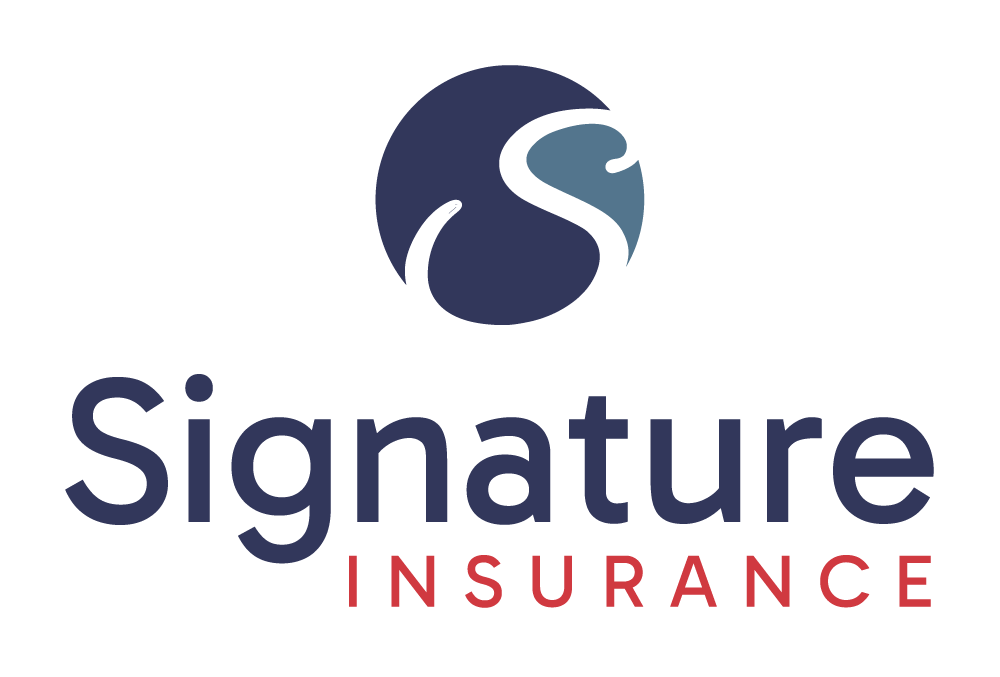Renovating your home is an exciting journey, whether you’re expanding your kitchen, adding a new room, or upgrading your outdoor spaces.
But while picking the perfect paint color or selecting fixtures might be top-of-mind, there’s something just as important that homeowners may overlook: insurance coverage.
Making sure your home insurance policy is up to date before, during, and after renovations can protect you from unexpected costs and liabilities.
At Signature Insurance, we believe in safeguarding what matters most — your home, your family, and your peace of mind.
Let’s walk through key insurance considerations to keep your renovation process smooth and stress-free.
1. Check Your Current Homeowners Insurance Policy
Before starting any renovation, it’s important to review your existing homeowner’s insurance policy.
Standard policies will typically cover your home’s structure and personal property, but major renovations can impact your coverage needs.
If your renovation significantly increases your home’s value, then your current policy may not provide enough coverage for the new value.
Plus, renovations often involve contractors and workers, which can increase the risk of injuries on your property. Making sure you have proper liability coverage is crucial.
2. Notify Your Insurance Provider
Many homeowners don’t realize that failing to inform their insurance company about renovations can lead to gaps in coverage.
In fact, some insurance providers may even deny claims if you don’t notify them about major structural changes.
Especially when you’re adding square footage or high-end upgrades, your insurer needs to know so your policy can reflect the new value.
However, certain types of renovations, like a new roof or updated electrical wiring, may lower your premiums because they reduce risk.
3. Consider Builder’s Risk Insurance
For extensive renovations, especially ones that require your home to be unoccupied for a period, builder’s risk insurance may be necessary.
This temporary policy typically covers the following:
- Damage to materials, fixtures, and equipment used during the renovation
- Protection against fire, theft, vandalism, and weather-related damage during construction
- Certain liability coverage for workers or contractors
4. Verify Contractor Insurance
Hiring a reputable contractor is important, and so is making sure they have proper insurance.
Before you sign any contracts, you’ll want to request proof of the following:
- General Liability Insurance: Covers damage the contractor may cause to your property.
- Workers’ Compensation Insurance: Protects you from being liable if a worker gets injured on your property.
- Licensing and Bonding: Provides financial protection if the contractor doesn’t complete the job as agreed.
5. Adjust Your Coverage Based on Renovations
Different types of renovations affect insurance in various ways.
Here’s how common home improvements impact your policy:
- Kitchen & Bathroom Upgrades: High-end appliances, custom cabinets, and even new plumbing can increase your home’s value and need to be reflected in your policy. Updated electrical and plumbing systems might even lower premiums by reducing risk.
- Additions & Expansions: Adding square footage to your home increases replacement costs, so your policy should be updated to reflect these changes.
- Roof Replacement: A new roof can lower your insurance premium because newer materials are more resistant to weather damage.
- Swimming Pools & Decks: A pool or deck can increase liability risk, so higher liability coverage may be needed. Consider adding an umbrella policy for additional protection.
- Finished Basement: Water damage risk increases, so ensuring coverage for flooding or sewer backups is a smart move. Additional personal property coverage may be necessary for furniture, electronics, and other items you may have in a finished basement.
6. Update Your Home Inventory
Once renovations are complete, don’t forget to update your home inventory with new appliances, furniture, and other valuables.
Keeping a detailed list, along with receipts and photos, can help streamline the claims process in case of damage or loss.
7. Reassess After the Renovation
Once your renovation is complete, make sure you schedule a policy review with your insurance agent and confirm your coverage aligns with your home’s new value.
This helps make sure that the full replacement value of your home is covered, that you’re not overpaying or underinsured, and that any new features or risks are properly addressed in your policy.
Protect Your Investment with Expert Guidance
Your home is one of your biggest investments, and ensuring it’s fully protected before, during, and after renovations is key.
Signature Insurance specializes in helping Georgia homeowners in Winder, Covington, Greensboro, Madison, Monroe, Commerce, and Thomasville find the right coverage at the best rates.
If you’re planning a home renovation, let’s chat! Contact us today to review your policy and ensure your home remains fully protected.
High Service, Low Rates. That’s our Signature.
